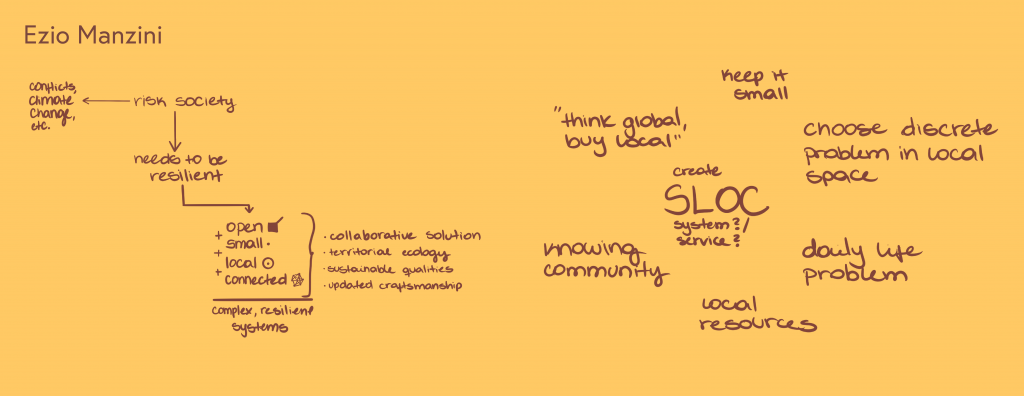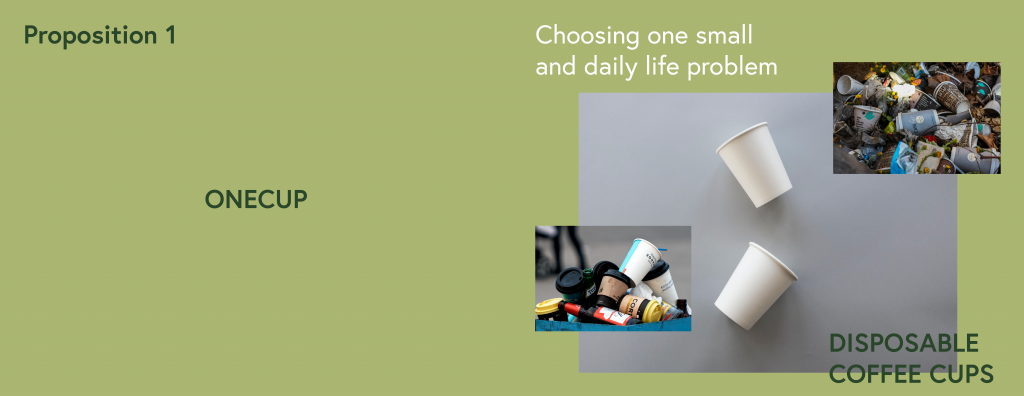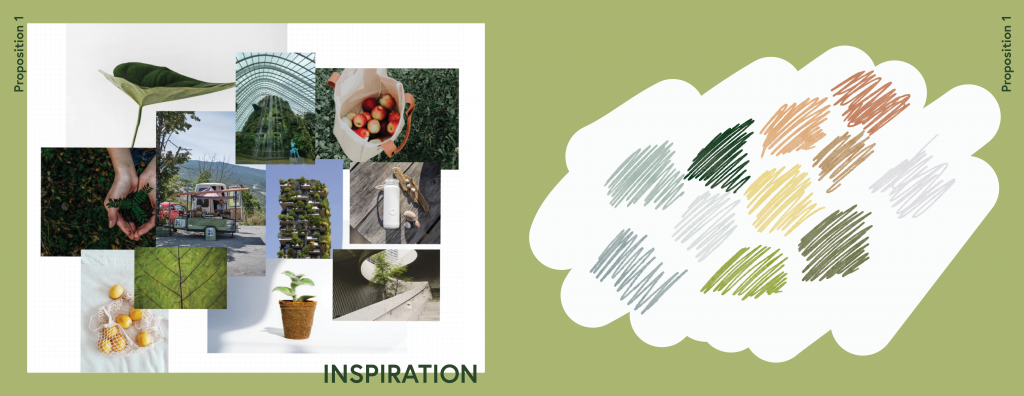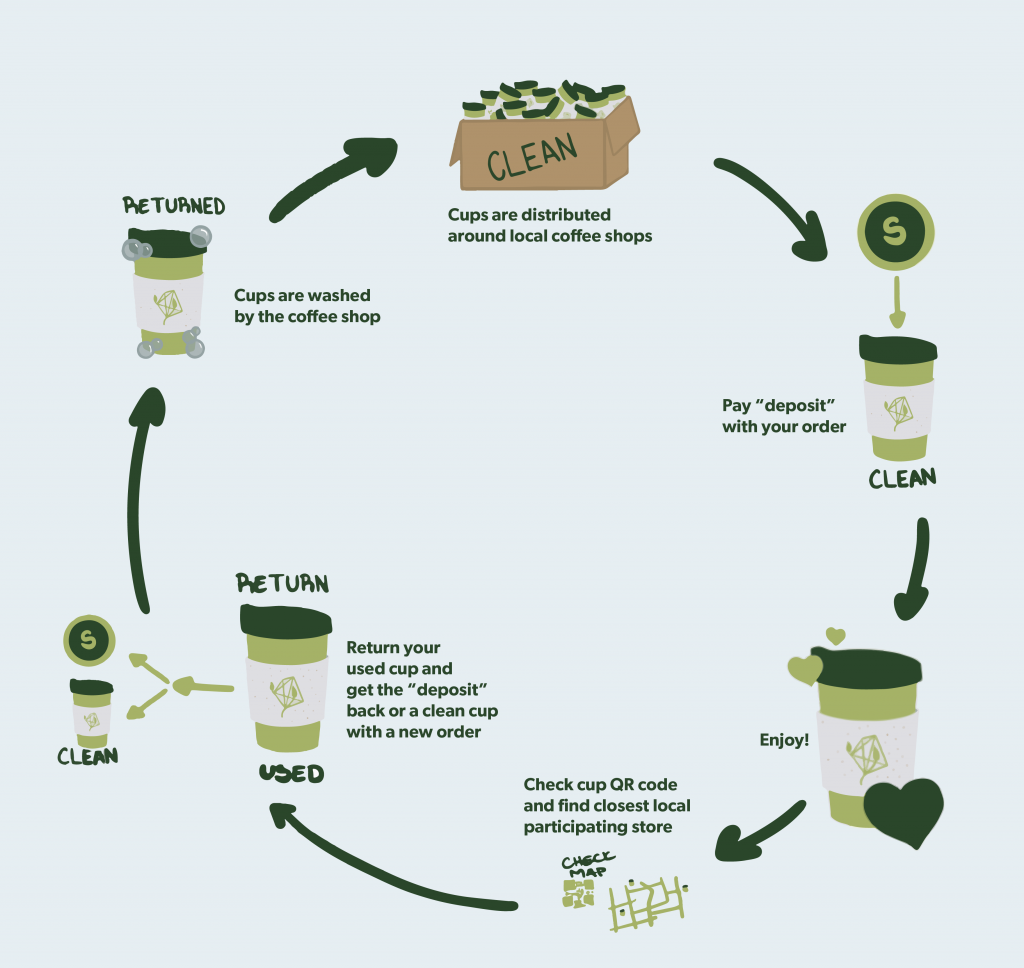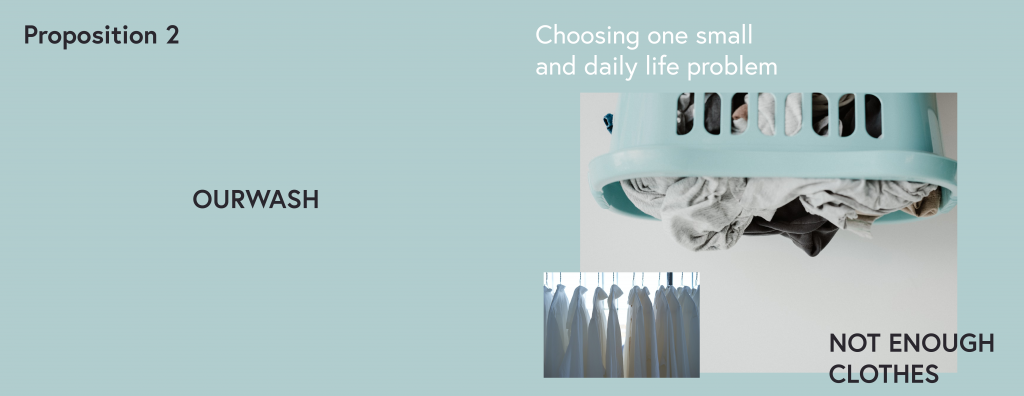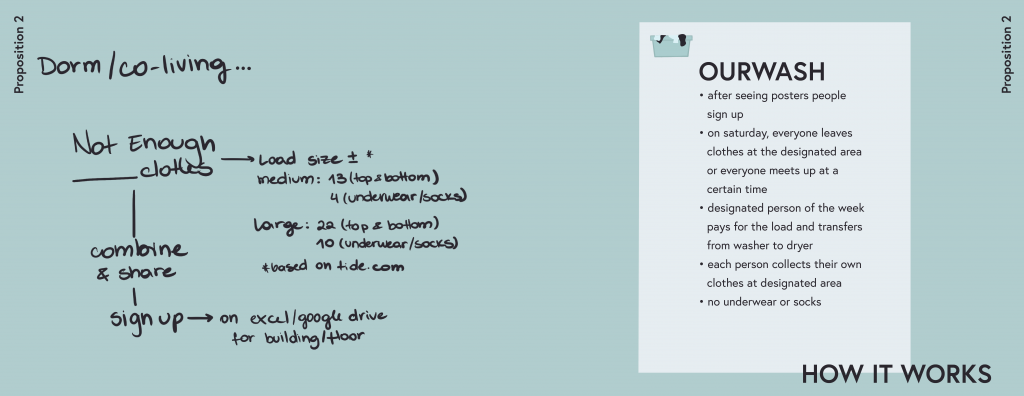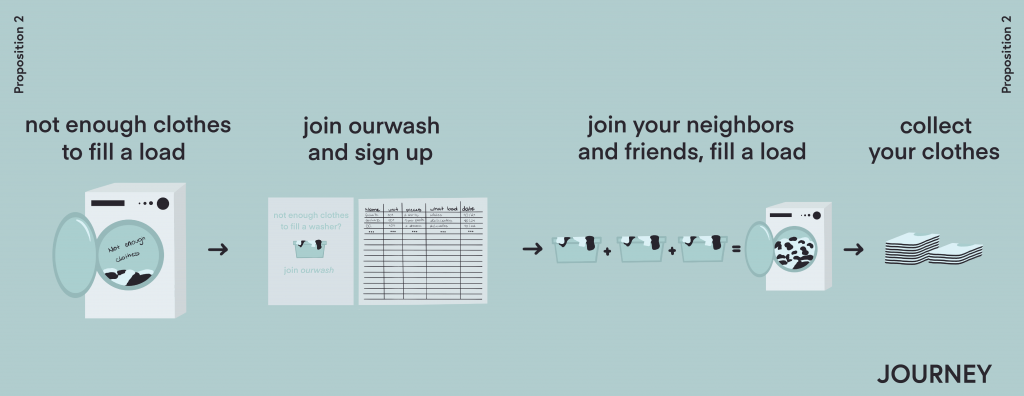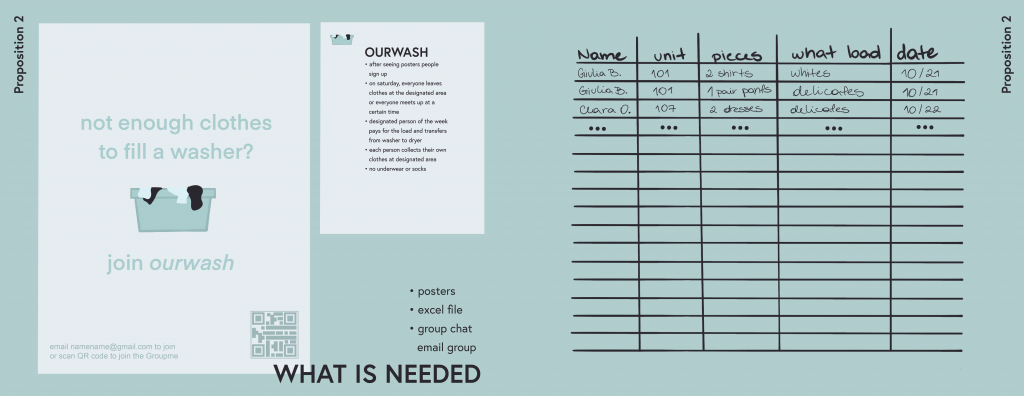Prompt 3 | Discourse
For this prompt, we were asked to choose one reading and enter into dialogue with it.
I read a few of the readings and ended up having two that I thought I could use for this assignment. They were: Ezio Manzini’s Resilient Systems and Sasha Costanza-Chock’s Design Narratives: From TXTMob to Twitter. Each of the texts has its own concepts, ideas, and strong points. Moreover, they both have an aspect of connectedness and community.
I, however, needed to choose only one. I chose Ezio Manzini’s Resilient Systems. In this article, Manzini states that we are en route for a risk society, this is a society that can be affected by climate disasters, wars and conflicts, etc (2013, p.11). To combat this, Manzini defends we need resilient systems. These need to be Small, Local, Open, and Connected. He goes on to present 3 waves of innovation that show this can be achieved. In the end, the author presents a few themes that can be implemented to create such resilient systems, these are “collaborative solutions […] updated craftsmanship […] territorial ecology […] and sustainable qualities.” (2013, p.14)
Although very interested in collaborative solutions and co-designing, I was unable to pursue co-designing methods given the time to finish the prompt.
The first idea I started to develop was a community-building app that would contain information about local businesses, local recycling guidelines, community boards for tips for addressing sustainability issues locally and inspirations around the world. The user could also change their location, in case of moving or travelling, to access information about their new destination.
However, after check-ins with my instructor, I was advised to keep it small, did it really need to be an app or could it be a simpler solution? Could I find a solution that was faster to implement?
I then focused on discrete daily life, small, and local problems and thought of some propositions. Here I have two propositions to present:
- ONECUP
One of the problems I have found while having recently moved to Vancouver was the amount of paper cups I acquired. Although some people have their own reusable coffee cups, what if there are places that do not take them and or if one does not have a place to put them after use?
I then thought of a community and local-based idea. The project aims to have reusable, and dishwasher and microwave-safe cups, which hopefully would be made locally, at coffee shops. These cups would be available for purchase for a small amount. Once the person is done with their drink, the cup could be returned to any participating local coffee shop and the person would get their “deposit” back or buy another drink and get a new reusable cup without the deposit fee. The person then would not need to keep carrying empty if not wanted and it would allow coffee shops to always have clean reusable cups they could use. Additionally, the cup would come with a paper sleeve, that would be made with recycled paper and seeds that could be planted to start a garden. At the end of the week, the cups would be redistributed to the coffee shops. This system would hopefully connect local businesses and decrease the amount of paper cups that go to waste.
It should also be easy to start in your own community as long as coffee shops start a system of communication.

2. OURWASH
The second problem I looked at was laundry. Living alone, I have come to find a problem that I do not have enough clothes, such as whites or delicates, to fill a washer by myself, which would then just waste water. So after the check-in in class, I thought about creating a group that would combine their clothes (no socks and underwear) to fill a washer and not waste water. This could be implemented in co-living buildings, dorms, apartment buildings. It needs very little to start this small and local group: posters, an excel file, and a group chat or group email. The residents that want to join would text or email and would have access to the excel file. Residents can then “sign up” with their clothes. Then on a designated day all residents take their clothes to a designated place or meet up. Following one of the residents (rotating each week) would pay for the load and transfer from washer to dryer if necessary. Then each person collects their clothes at a designated area/time. This could easily be applied to any community that decided to start it.
These two propositions focus on locality and sustainability

